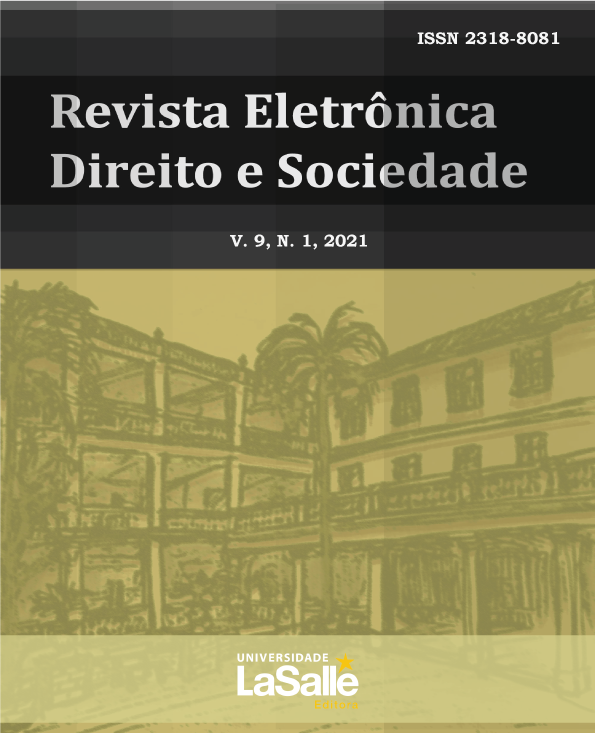The new regulation of temporary work of Brazil: extension of the term
DOI:
https://doi.org/10.18316/redes.v9i1.5336Keywords:
Temporary Contract, Job, Reform, PrecariousAbstract
The purpose of this article was to analyze the reasonableness and or feasibility of increasing the duration of the work contract under the temporary employment contract modality, according to the changes promoted by Law No. 13.429/2017, known as Labour reform. The main changes imposed by the reform refer to the extension of its duration and the lack of the need for any motivation justifying temporary hiring. It was concluded that the changes may result in a greater precarization of labor relations in Brazil, considering mainly the increase in the turnover of workers, without direct link with the policyholder of their services, as well as the possibility of Reduction of the business cost compared to the employment contract for an indefinite period. In relation to the purpose presented to justify the changes, as an example, the reduction of unemployment, it was found that even achieving this purpose, which will be unlikely, on the other hand, the work relations will be increasingly precarious, mainly with regard to short duration, thus promoting greater turnover of workers and the values that will be paid to employees for this modality of contract. The deductive method was adopted, with bibliographical research, also appropriating the economics and political Sciences.
Downloads
Published
Issue
Section
License
Authors who submit their manuscripts for publication in the “REDES” Magazine agree to the following terms:
The authors claim to be aware that they retain copyright by giving “REDES” the right to publish.
The authors declare to be aware that the work submitted will be licensed under the Creative Commons Non-Commercial Attribution License which allows article sharing with acknowledgment of authorship and publication in this journal.
The authors declare to be aware that by virtue of the articles published in this journal have free public access.
The authors declare, under the penalty of the law, that the text is unpublished and original and that they are aware that plagiarism has been identified, plagiarized authors will be informed - willingly, to take legal action in the civil and criminal sphere - and, plagiarists will have their access to the magazine blocked.
The authors state that - in case of co-authoring - all contributed significantly to the research.
Authors are obliged to provide retractions and (or) corrections of errors in case of detection.
The authors are obliged not to publish the text submitted to “REDES” in another electronic journal (or not).
The Electronic Journal Law and Society - REDES - is licensed under a Creative Commons License. Attribution-NonCommercial 4.0 International.Based on work available at "http://revistas.unilasalle.edu.br/index.php/redes/about/submissions#copyrightNotice".
Permissions in addition to those granted under this license may be available at http://creativecommons.org/.

